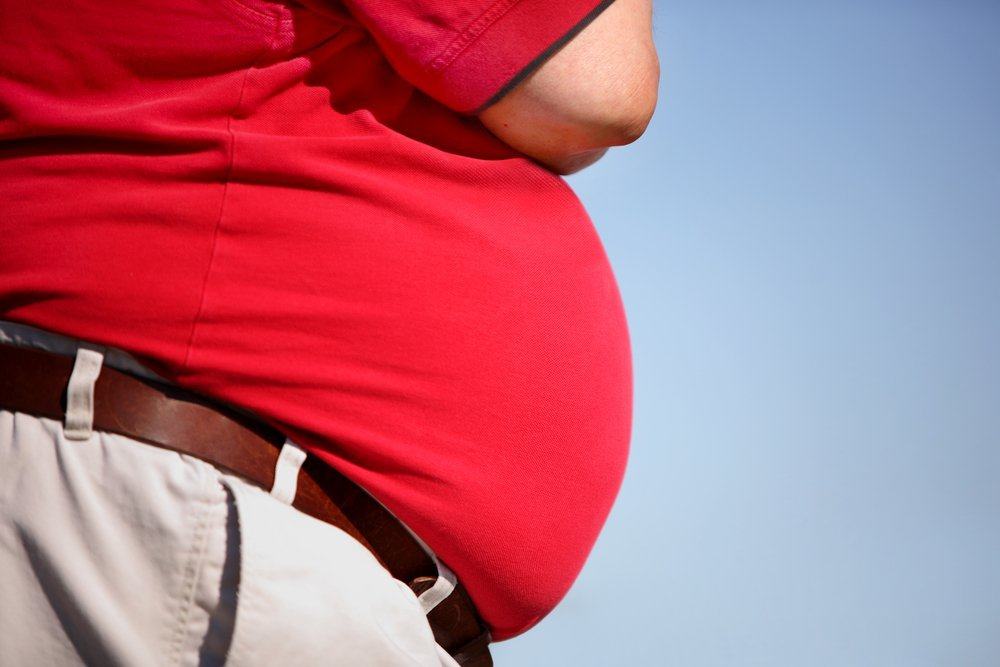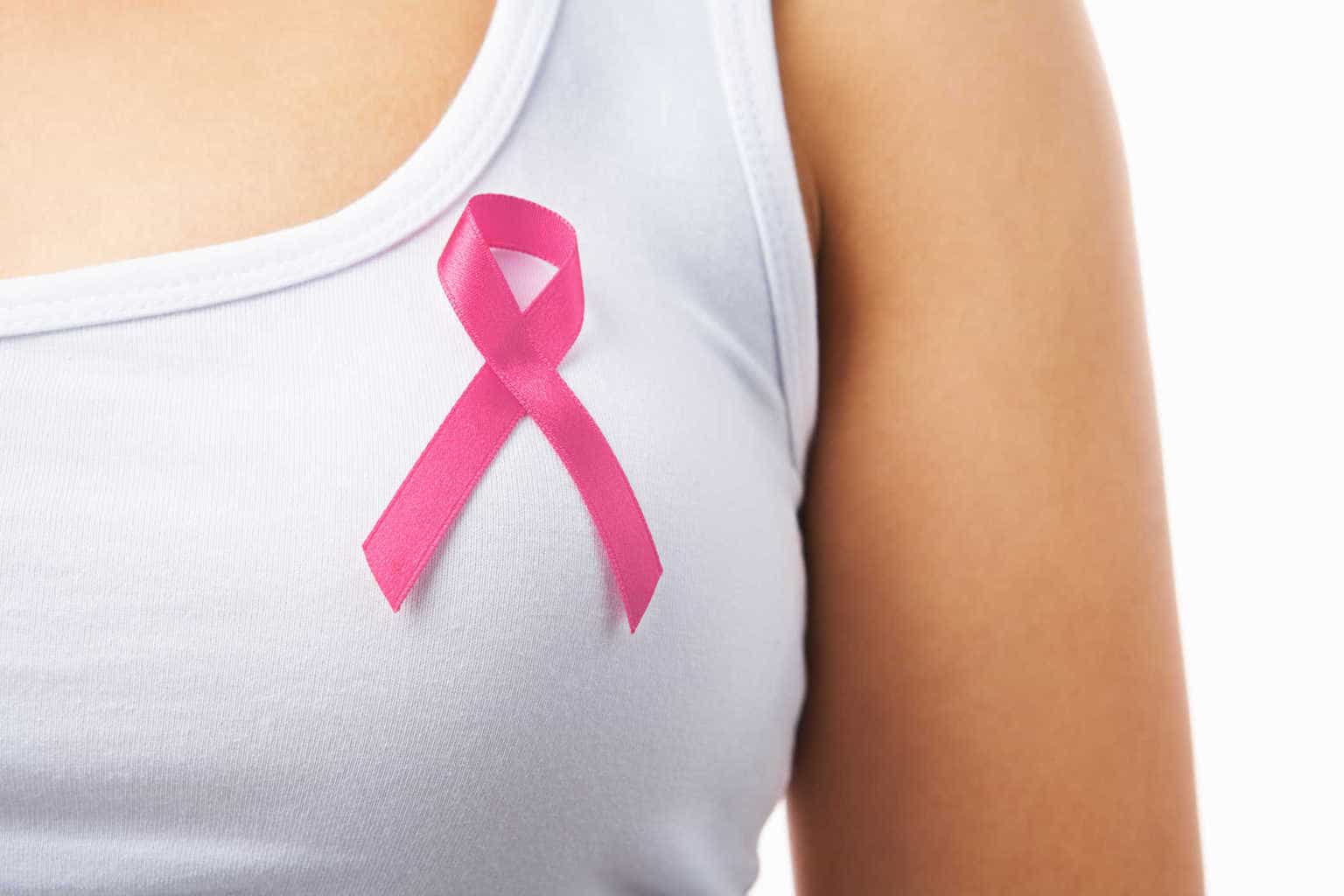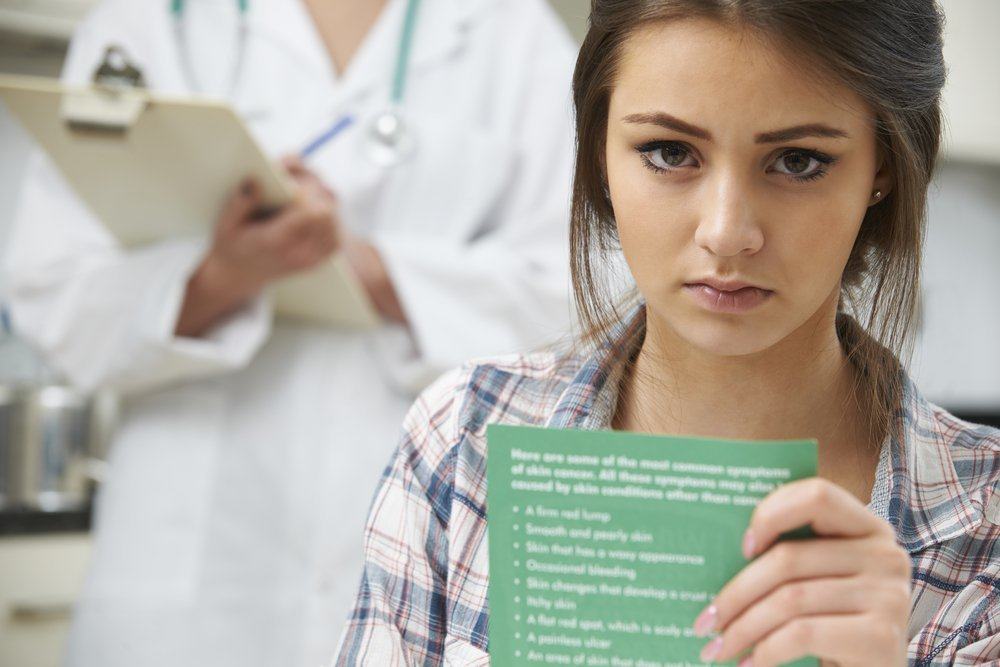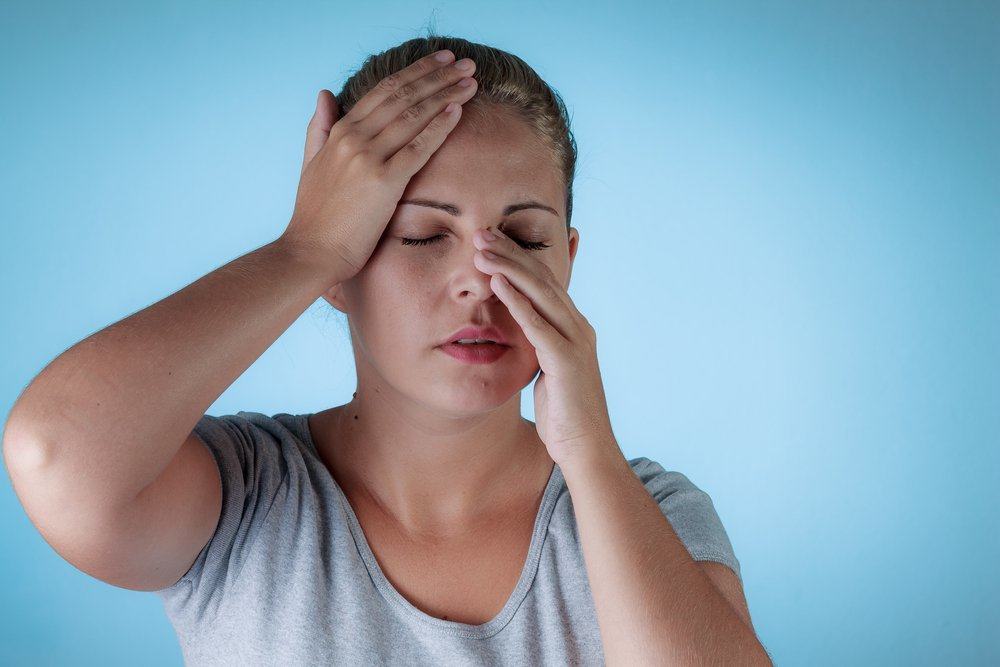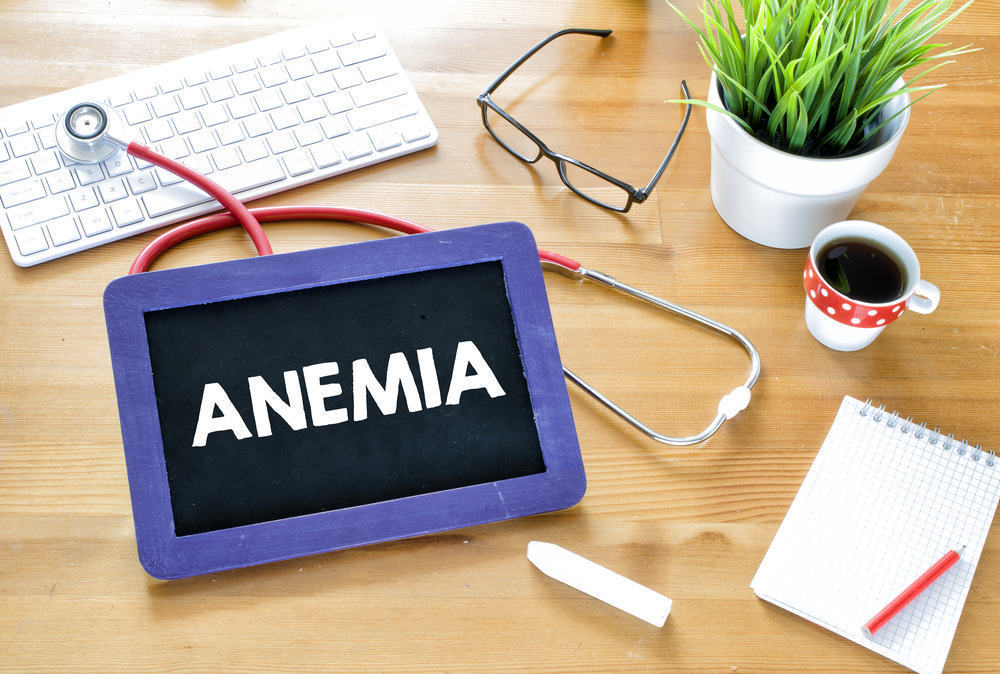Contents:
Medical Video: Recognizing Respiratory Distress by Monica Kleinman, MD for OPENPediatrics
1. Definition
Is the baby unable to breathe?
Most cases of shortness of breath in infants occur when the baby is placed on his stomach on a soft surface to cover the airway, which makes them unable to breathe. Babies who are new to the age of 4 months have a risk of experiencing this condition. This happened because they did not yet have enough strength to lift their heads when there were objects blocking their airway. Many deaths due to shortness of breath occur when a baby is napping in the house of someone who does not have a baby bed or who does not understand that babies under 4 months of age must be put to sleep on their backs.
There are several causes of babies experiencing shortness of breath which can endanger their lives. There was one case where the baby accidentally fell on their sleeping mother beside them. If you feed your baby in your bedroom at night, you need to be careful if you suddenly fall asleep next to your baby. It would be better if your baby sleeps on his own bed. Another reason not to let your baby sleep in your bed for the first 6 months is because most adult mattresses are too soft for babies. Blankets and pillows can increase the risk of running out of breath.
What are the signs and symptoms?
Signs and symptoms include:
- The crackling sound in the baby's throat
- The airway is blocked
- Babies have difficulty breathing
- Fast and shallow breathing
- Breath sounds
- Growling voice
- Your baby's face is pale
- Cyanosis (bluish or pale skin color and mucous membrane)
- Edema
2. How to handle it
What should I do?
Immediately remove any objects that block your baby's airway, such as dolls, plastic bags, or pillows that stick to his face. Without moving your baby too much, place his face on a flat and not soft surface. Slowly tilt your baby's head back with one hand and lift your baby's chin with the other hand.
Keep your ears close to your baby's mouth and nose to hear if he is still breathing. See if the chest movement is still up and down. You should also check your pulse by placing your two fingers on your child's neck on the side of the Adam's apple. (If your child is a baby, you can feel the pulse in the inner arm between your elbow and shoulder.)
If your child does not breathe and you do not feel the pulse, immediately do CPR or artificial breathing
When do I have to see a doctor?
Call medical help as soon as possible if your child has this condition.
3. Prevention
To keep your baby safe, always lay your baby on his back in his own bed with a hard mattress. This includes during nap.
Babies are not recommended to sleep in a slanted position because it is an unstable position at risk of sudden infant death syndrome, so it would be better if your baby sleeps on his back. Sleeping on his stomach makes babies have a risk of shortness of breath that is 5 times greater. Mattresses that are too soft are not safe for babies even if babies sleep in a supine position, because they can be rolled sideways. You can prevent infant death from running out of breath by not placing the baby to sleep on a soft surface such as:
- Water mattress or feather mattress
- Carpet, blanket, or bed cover from sheep skin
- Any soft and thick surfaces including soft mattresses and bed covers
- Mattresses covered with plastic bags
- Soft pillows and chairs bean bag
You should also avoid putting dolls, toys, bed covers, blankets, or soft objects piled around the face of your sleeping baby. Wear clothes that are warm enough for your baby so that he does not need to wear a blanket while sleeping.
Prevention of Shortness of Breath for Toddlers:
Babies who are rather large or toddlers can suffocate plastic bags. These accidents usually occur when they put their heads in plastic or when they crawl into plastic bags. Be careful when disposing of plastic bags or try to keep the plastic away from children less than 3 years old. Other items that must be kept away are:
- Plastic bag from laundry
- Plastic shopping bag
- Plastic garbage bag




